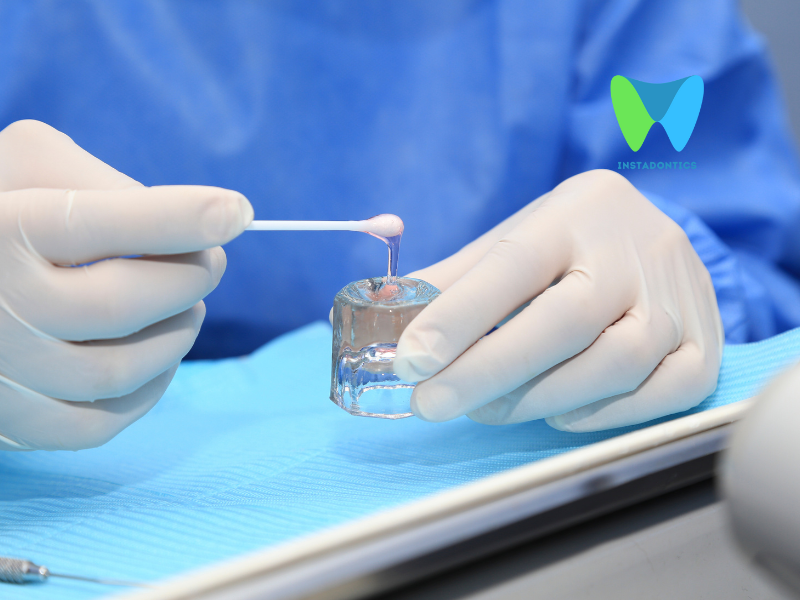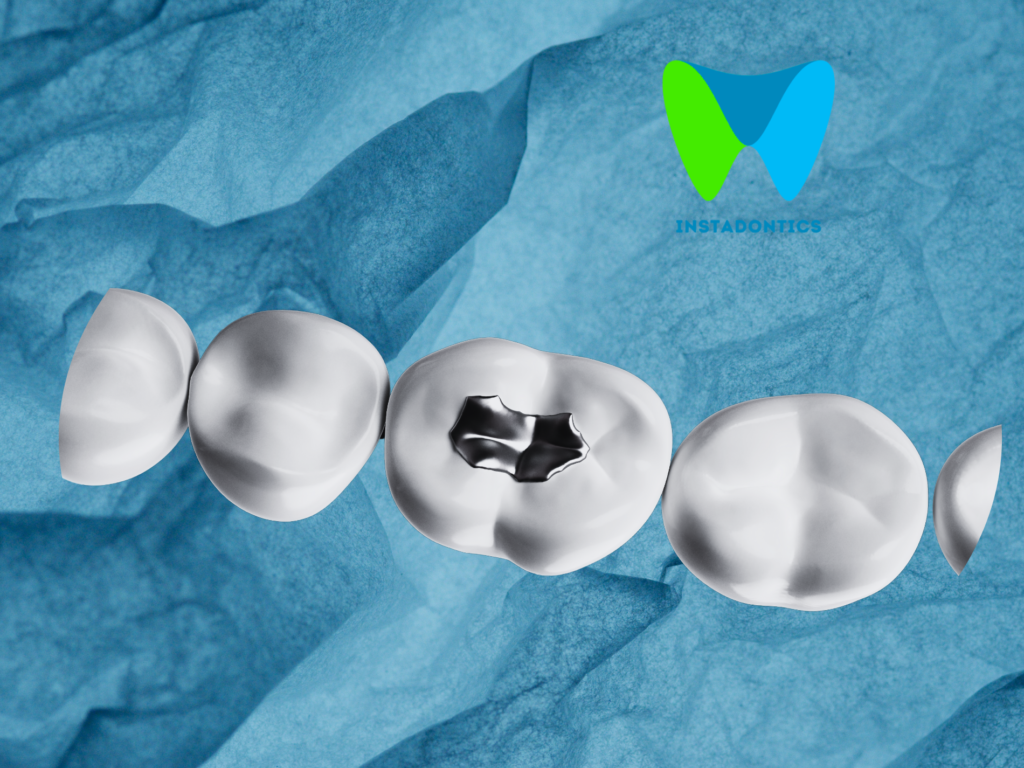Teeth whitening has become increasingly popular as more people seek to enhance their smile and boost their confidence. Understanding the costs involved is crucial in deciding the best approach to achieve your desired results. This comprehensive guide explores the various methods of teeth whitening and breaks down the associated costs, enabling you to make an informed choice.
Teeth whitening can be pursued through various avenues, each offering different levels of effectiveness, convenience, and cost. Understanding your options can help you choose the method that best fits your needs and budget. This guide breaks down the primary methods of teeth whitening: in-office treatments, at-home kits prescribed by dentists, and over-the-counter products.
How Much Does It Cost to Whiten Your Teeth
In-Office Professional Teeth Whitening
Methods
In-office teeth whitening, performed by a dental professional, is among the most effective and quickest ways to achieve a brighter smile. This process typically involves the following methods:
- Laser Whitening:
This technique uses a laser to activate the whitening agent applied to the teeth, speeding up the bleaching process. It often results in a significant color change in a short period. - Zoom Whitening:
A popular brand of in-office whitening, Zoom uses a specialized light to accelerate the whitening process. The procedure involves applying a hydrogen peroxide gel activated by the Zoom light. - Custom Tray Whitening:
Some dentists offer custom-fitted trays filled with a whitening gel, which you wear for a set period. This combines professional-grade whitening with the convenience of home use under a dentist’s supervision.
Costs
The cost for in-office teeth whitening can vary based on location, the method used, and the dentist’s expertise. Here’s a general breakdown:
- Laser Whitening: $600 to $1,200 per session.
- Zoom Whitening: $300 to $600 per session.
- Custom Tray Whitening: $400 to $800 for the complete treatment.
Pros and Cons
Pros:
- Immediate, noticeable results.
- Professional supervision ensures safety and effectiveness.
- Customized treatment to address specific needs.
Cons:
- Higher cost compared to at-home options.
- Requires appointment scheduling and time spent in the dental office.
How Much Does It Cost to Whiten Your Teeth?
At-Home Whitening Kits Prescribed by Dentists
Methods
Dentists also provide at-home whitening kits designed for patient convenience while still offering professional-level results. These kits typically include:
- Custom-Fit Trays:
The dentist takes an impression of your teeth to create custom-fit trays that hold the whitening gel. This ensures even coverage and minimizes discomfort. - Professional-Grade Whitening Gels:
These gels contain higher concentrations of whitening agents (typically carbamide peroxide or hydrogen peroxide) than over-the-counter products, ensuring more effective results.
Costs
The cost for at-home whitening kits prescribed by dentists generally falls between $100 and $400. This price can include the initial consultation, tray creation, and the whitening gel.
Pros and Cons
Pros:
- Professional-grade whitening agents offer effective results.
- Convenience of home use.
- Custom-fit trays ensure comfort and even application.
Cons:
- More expensive than over-the-counter products.
- Results may take longer to achieve compared to in-office treatments.
Over-the-Counter Whitening Products
Methods
Over-the-counter teeth whitening products are readily available and offer a budget-friendly option for those seeking to improve their smile. Common types include:
- Whitening Strips:
Thin, flexible plastic strips coated with a peroxide-based whitening gel. They are applied directly to the teeth and worn for a specified period, usually 30 minutes daily for up to two weeks. - Whitening Toothpaste:
Toothpaste containing mild abrasives and small amounts of hydrogen peroxide or other whitening agents. Regular use can help remove surface stains and maintain a brighter smile. - Whitening Gels and Pens:
Peroxide-based gels applied directly to the teeth using a small brush or pen. These are usually left on the teeth for 30 minutes and can be used for up to two weeks. - LED Whitening Kits:
Kits that include a whitening gel and an LED light. The light is believed to accelerate the whitening process. These kits are typically used for 10-30 minutes daily over several days or weeks.
Costs
Over-the-counter whitening products are the most affordable option, with costs generally ranging from $20 to $100. Here’s a breakdown:
- Whitening Strips: $20 to $50 for a two-week supply.
- Whitening Toothpaste: $5 to $10 per tube.
- Whitening Gels and Pens: $10 to $30 per unit.
- LED Whitening Kits: $30 to $100 per kit.
Pros and Cons
Pros:
- Affordable and easily accessible.
- Variety of products to suit different preferences.
- Can be conveniently used at home.
Cons:
- Usually less effective than professional treatments.
- Results may take longer to achieve.
- Some products may cause sensitivity or irritation.
Cost to Whiten Your Teeth | Comparison of Costs
To provide a clearer perspective, here is a summary comparison of costs across different teeth whitening methods.
| Method | Cost Range | Effectiveness | Time to Results |
|---|---|---|---|
| In-Office Laser Whitening | $600 to $1,200 per session | High | Immediate |
| In-Office Zoom Whitening | $300 to $600 per session | High | Immediate |
| Custom Tray Whitening | $400 to $800 for treatment | High | 1-2 weeks |
| Dentist-Prescribed Home Kits | $100 to $400 | Moderate to High | 1-2 weeks |
| Whitening Strips | $20 to $50 | Moderate | 1-2 weeks |
| Whitening Toothpaste | $5 to $10 | Low | Continuous Use |
| Whitening Gels and Pens | $10 to $30 | Moderate | 1-2 weeks |
| LED Whitening Kits | $30 to $100 | Moderate | 1-2 weeks |
Cost to Whiten Your Teeth | Factors Influencing the Cost of Teeth Whitening
Several factors can influence the cost of teeth whitening, regardless of the method chosen:
- Location: Dental treatment costs can vary significantly by region, with urban areas typically having higher prices than rural areas.
- Dentist’s Expertise: Experienced and reputable dentists may charge more for their services.
- Extent of Staining: Teeth with significant discoloration or stubborn stains may require more intensive treatment, increasing the overall cost.
- Number of Sessions: Some treatments may require multiple sessions to achieve the desired results, especially for in-office whitening.
- Type of Whitening Agent: The concentration of the whitening agent and the brand can affect the cost, with higher concentrations and premium brands being more expensive.
Teeth whitening costs can vary widely based on the chosen method, location, and individual needs. In-office treatments offer the quickest and most effective results but come with a higher price tag. At-home kits prescribed by dentists provide a middle ground, balancing effectiveness and convenience. Over-the-counter products are the most affordable but may take longer to show significant results.
Cost to Whiten Your Teeth
To make an informed decision, consider your budget, desired results, and how quickly you want to achieve those results. Consulting with a dental professional can help you understand the most suitable options for your specific needs and ensure that your teeth whitening journey is safe and effective.
Ultimately, the investment in teeth whitening can yield a brighter, more confident smile, enhancing both your appearance and self-esteem. Choose the method that aligns with your goals and budget to achieve the best possible outcome.



